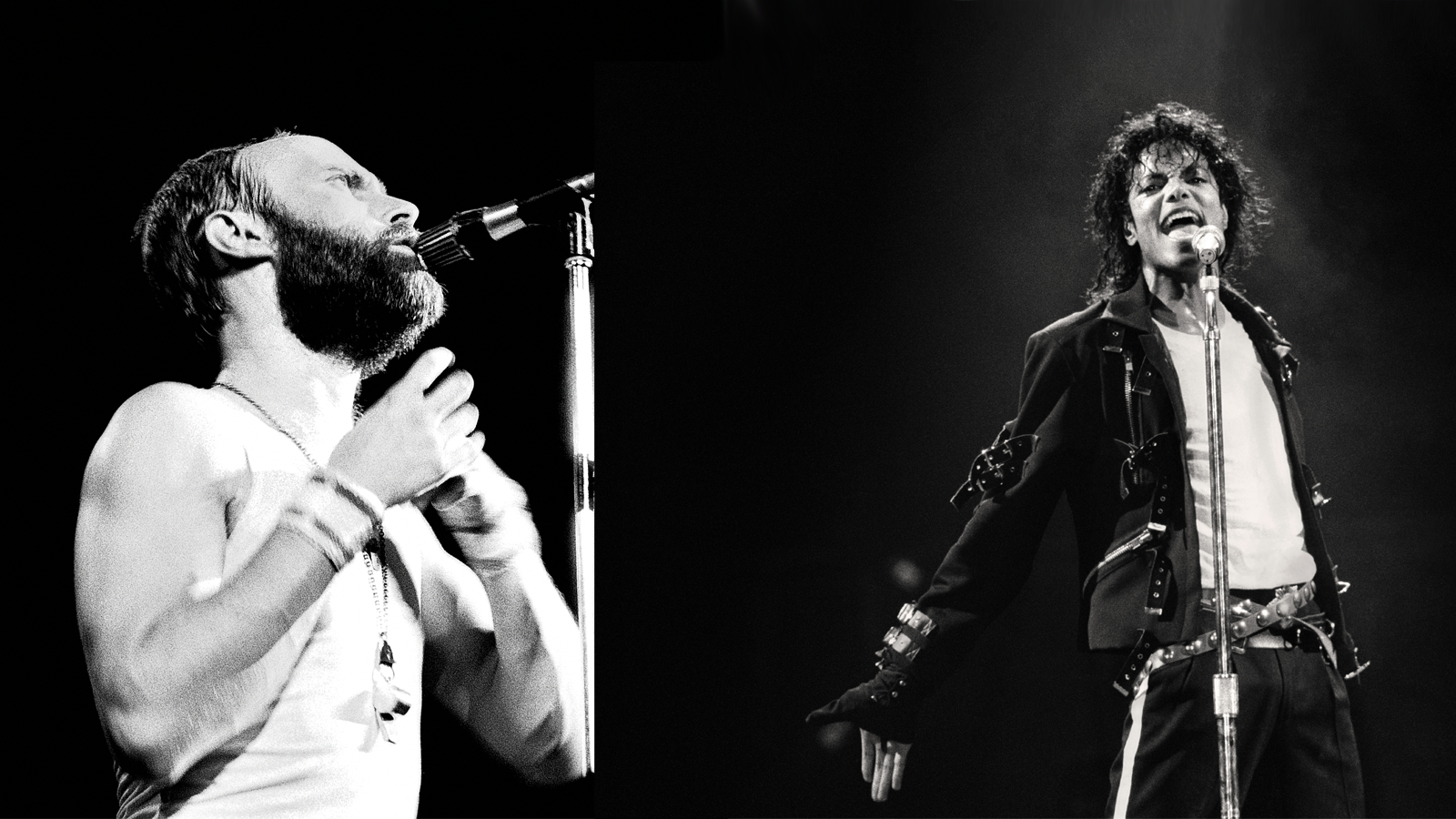Originally a percussionist, Phil Collins initially gained recognition as a member of the Progressive Rock ensemble Genesis. However, the trajectory of Genesis took a significant turn in the mid-70s when Peter Gabriel departed, thrusting Collins into the role of lead vocalist. This shift not only altered the course of Genesis towards a more commercial sound, resulting in increased record sales, but it also paved the way for Collins’ remarkable solo career.
Becoming a prominent figure in the 1980s, Phil Collins transcended the realm of music, venturing into acting and achieving immense commercial success. He found himself in the spotlight, rivaling other icons such as Michael Jackson. Intriguingly, amidst Collins’ widespread acclaim, the question arises – what did he think of the musical style crafted by the “King of Pop”?
Delving into Phil Collins’ perspective on Michael Jackson, it’s crucial to understand the journey of the latter, nicknamed the “King of Pop.” Michael Jackson’s career burgeoned from his early days with The Jackson 5 in the late 60s and 70s, ultimately evolving into a stellar solo career highlighted by the groundbreaking album “Thriller” in 1982, which sold over 70 million copies worldwide.
Phil Collins, having crossed paths with Jackson on numerous occasions during the 80s, shared his admiration for the iconic artist. In an interview with David Sheff, Collins expressed, “I’m a fan of Michael’s. It’s extraordinary that he’s lived as he has lived. To have been a huge star since he was five or six. We can’t have any idea of what he thinks like, because he’s never lived a normal life.”
Reflecting on personal interactions with Jackson, Collins added a touch of empathy, stating, “I met him. He was very nice, but it was like you didn’t want to touch him, because he would break, you know. His story is probably a little tragic. Now he’s going around with his white surgical mask on. I can’t understand that at all. He doesn’t want to be recognized, so he wears a white surgical mask. So everybody says, ‘There’s Michael Jackson wearing a white surgical mask.'”
Phil Collins’ connection with Michael Jackson extended beyond admiration. In 1992, Collins had the honor of presenting Jackson with the Billboard Award, commemorating the tenth anniversary of the release of “Thriller.” Collins conveyed his appreciation, stating, “To recognize that in the past ten years you basically out-sould us all as the number one best-selling artist in the world. We are very happy to present you the special and unique Billboard award.”
Collins continued to be part of Jackson’s accolades, presenting another Billboard award for the song “Black & White” and the album “Dangerous.” The uniqueness of the occasion was underscored by Collins, “Billboard created the ‘World Artist’ award. This year for the very first time, Billboard’s number one worldwide single and album awards go to the same person. Definitely a one of a kind performer.”
Although Michael Jackson’s solo discography comprised only 10 studio albums, his impact was monumental, with over 400 million records sold worldwide. In comparison, Phil Collins, both as a solo artist and with Genesis, contributed significantly to the music industry, with an estimated 100 million records sold individually.
Michael Jackson’s final album, “Invincible,” released in 2001, marked the conclusion of a remarkable career. His untimely passing in 2009 at the age of 50 left an enduring legacy, solidifying his position as one of the most influential artists in history. Beyond his musical prowess, Jackson’s innovative dance moves, epitomized by the iconic “Moonwalk,” have become indelible marks on the canvas of pop culture.
